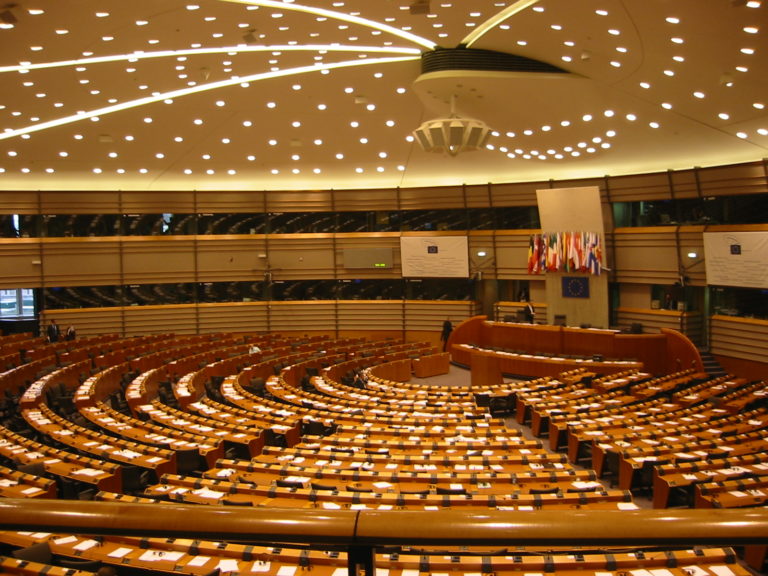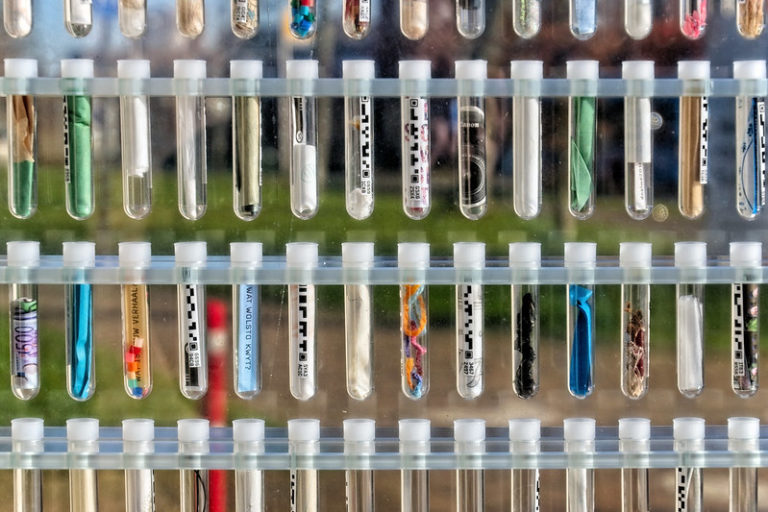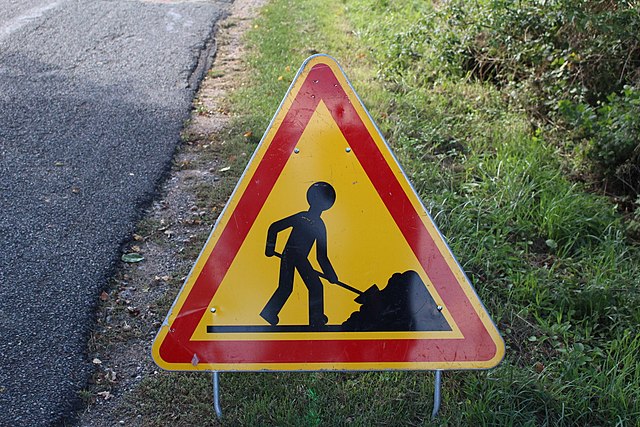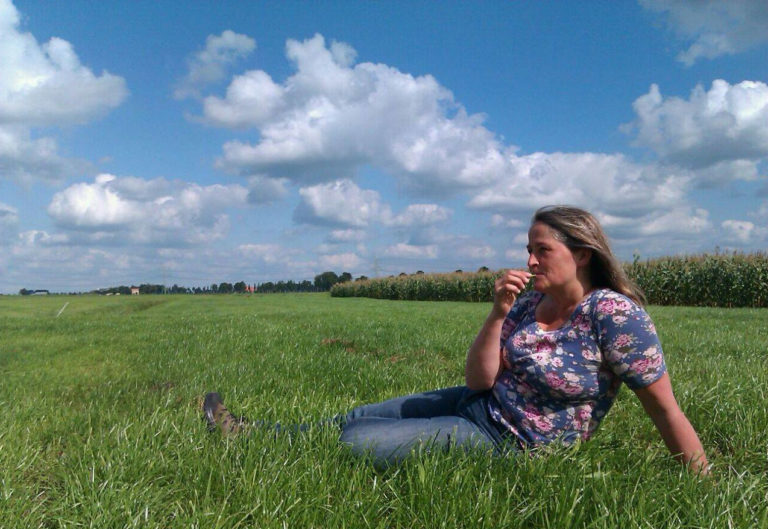Is 2024 the year when patents on life are politically challenged?
Patent law in the plant sector has never been so much questioned since the adoption of the European legislation governing it in 1998 Indeed, during the debates on the European Commission’s proposal to deregulate GMOs, patentability of living organisms was called into question. The European Parliament, as well as several Member States, expressed a political will to ban patents. However, there are still gaps in the written word…

On 20 March 2024, the European Coordination Via Campesina (ECVC) celebrated a victoryi : the failure of the European Commission to push through its plan to deregulate GMOs/NGTs, in particular because the issue of patents blocked discussions between governments. The Commission justified – and still justifies – its proposal for deregulation on the grounds that GMOs/NGTs would be indistinguishable from conventional plants. For the trade union, the Commission “is now caught in its own trap: this essential issue, which it did not want to take into consideration, is blocking any agreement within the Council“. By denying the possibility of traceability, the Commission has opened the door to an opposition to “the patentability of these indistinguishable plants“. At the end of May 2024, the European Council had still not reached agreement on the patent issue.
A historic challenge
When the European Commission presented its proposal to deregulate GMOs and NGTs on 5 July 2023, it knew that patents were going to be discussed. It noted in its introductionii that “the issue of patents for NGTs has been raised by many stakeholders. Breeders’ and farmers’ organisations have expressed their concern about the need to guarantee breeders’ access to patented genetic material and farmers’ access to NGT plant breeding material“. But the Commission chose to postpone this debate, announcing a study for 2026 on the impact of patents on breeders’ rights, farmers’ access to seeds and European competitivenessiii .
For their part, the Member States meeting within the Council of the European Union (EU) have continued to note their disagreements, particularly on the patentability of GMO/NGT plants. At the end of December 2023, a meeting summed up the five months of negotiations that had just taken placeiv . Several countries, including Austria, Poland, France and even the Netherlands, wanted the issue of patents to be addressed and resolved. For Austria, with the patenting of NGT plants, there is “a risk of market concentration which could even lead to a monopoly and which could pose problems of availability“. France and the Netherlands believe that patents are an issue on which “progress needs to be made to enable small/medium sized companies […] to gain access to these technologies“. On 26 March 2024, while the European Parliament was voting on an amended text, a meeting of the Member States showed that positions had changed little on the subject. On 23 May, Belgium proposed a text addressing the non-patentability of GMO/NGT plants, but without convincing anyone. At the end of May, therefore, patents applied to potentially deregulated GMO/NGT plants were still the subject of disagreement.
Parliament includes patents in its proposal
In the European Parliament, the issue of patents has moved forward against the opinion of the MEPs coordinating the work on GMO/NGT deregulation. Back in October 2023, Jessica Polfjärd MEP (Sweden), who is chairing the work of the Parliament’s Environment Committee on this text, wrote plainly in a draft report “taking note of the concerns raised by breeders and farmers about patents on NGTs” (see p.11-12). However, she added that she was “in favour of the Commission’s approach, which consists of regularly assessing the situation and presenting a report on how to regulate this aspect after applying the text in practice in order to assess whether a technique can be patented“v. Four months later, the European Parliament finally took a more concrete stance by openly challenging certain aspects of patent law in the plant sector.
On 7 February 2024, the European Parliament adopted its own version of less deregulation of GMOs/NGTs. In this text, it considers that “the possibility of patenting new genomic techniques and their results risks reinforcing the domination of multinational seed companies over farmers’ access to seeds […] such a situation would deprive farmers of all freedom of action by making them dependent on private companies. For this reason, it is imperative to ban patents on these products“vi . Its intention is therefore that the EU should not grant patents covering plants obtained by NGTs. To this end, the Parliament believes that “NGT plants should not be subject to patent legislation, but only, as far as intellectual property protection is concerned, to the Community plant variety rights regime” and that “NGT plants, their derived seeds, plant material, associated genetic material such as genes and gene sequences, and plant traits should therefore be excluded from patentability“. If the wording is not sufficiently robust, these writings, by the European Parliament, testify to an unprecedented political will to oppose patents on potentially deregulated GMOs.
An inadequate solution
However, the wording proposed by the Parliament does not reflect this desire in concrete terms. On the one hand, it proposes articles focusing on so-called “product” patents. As far as process patents are concerned, the wording adopted does not seem clear-cut. The Parliament certainly considers that “the protection conferred by a patent on a technical process enabling the production of a product containing or consisting of genetic information shall not extend to plant material in which the product is incorporated and in which the genetic information is contained and performs its function, but which is indistinguishable from plant material obtained or obtainable by an essentially biological process“. But it did not write, as ECVC proposed, that “the protection conferred by a patent relating to a process allowing the production of a biological material endowed, as a result of the invention, with specific properties does not extend to plant materials in which that biological material is incorporated and which are indistinguishable from plant materials obtained or obtainable by an essentially biological process“. This leaves patent holders with the option of asserting that their patent does not relate to genetic information but to biological material. A simple change of semantics that could have major consequences if it were to leave the door open to patents granted on processes that, by extension, could extend to plants containing biological material (and not a genetic sequence or genetic information) identical to that covered by the patent, without farmers or small seed growers being able to prove that they are not derived from the patented inventionvii.
Indeed under patent law, it may be up to an alleged infringer to prove that he didn’t use a patented process. He would therefore be obliged to carry out analyses showing that these seeds do not come from a patented process. These tests are impossible to carry out today, however, because the European Commission and Parliament have not planned to require GMO/NGT producers to provide their own identification method…
The final obstacle is that the legal procedure is not the right one. In the EU, patent law is governed by Directive 98/44 (see p.13). Changing the patentability of GMO/NGT plants as proposed by Parliament would therefore affect this directive. However, the Commission is the only body that can propose to do so. Will it agree to listen to the Parliament’s wishes at the trilogue stage? Or will it stick to its announcement of a later report on this issue? If so, there would be a risk of blocking any adoption of new NGT regulations before the Commission proposes not only a report, but also a legislative solution.
i ECVC, « ECVC celebrates a first victory against GMO/NGT deregulation », press release, 20 March 2024.
ii European Commission, « REGULATION OF THE EUROPEAN PARLIAMENT AND OF THE COUNCIL on plants obtained by certain new genomic techniques and their food and feed, and amending Regulation (EU) 2017/625 », 5 July 2023.
iii European Commission, « Communication from the Commission to the European Parliament, the Council, the European Economic and Social Committee and the Committee of the Regions », 5 July 2023.
v European Parliament, « Proposal for a REGULATION OF THE EUROPEAN PARLIAMENT AND OF THE COUNCIL on plants obtained by certain new genomic techniques and their food and feed, and amending Regulation
(EU) 2017/625 (Text with EEA relevance) », 16 October 2023.
vi European Parliament, « Plants obtained by certain new genomic techniques and their food and feed », amendments adopted on 7 February 2024.














